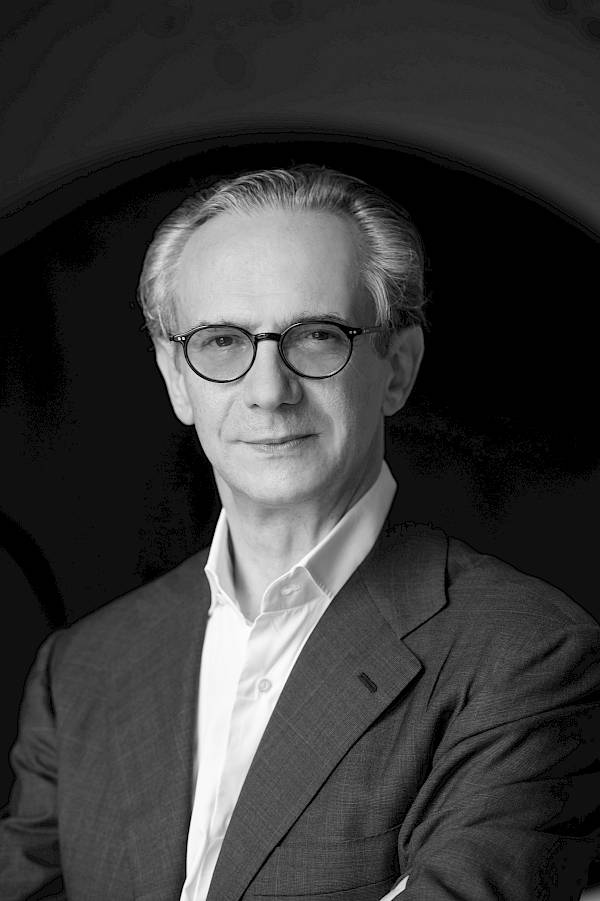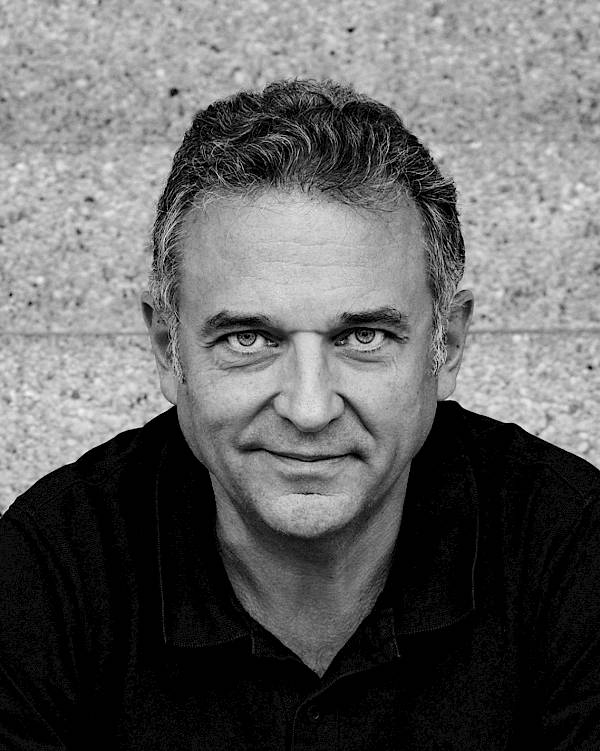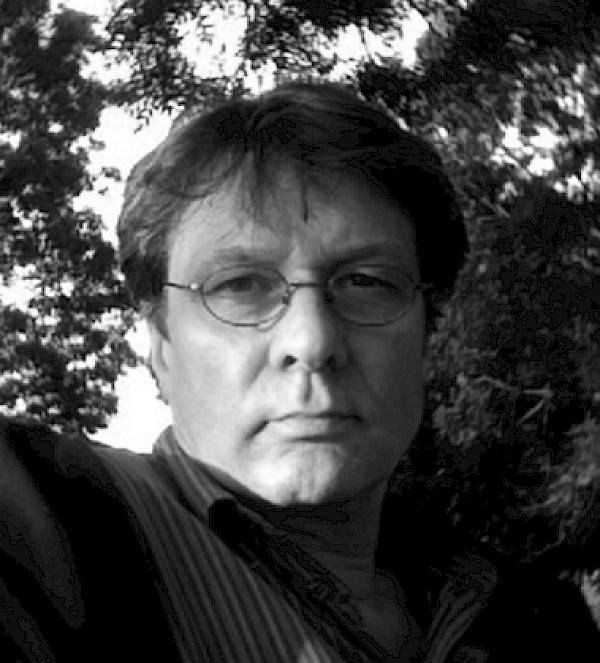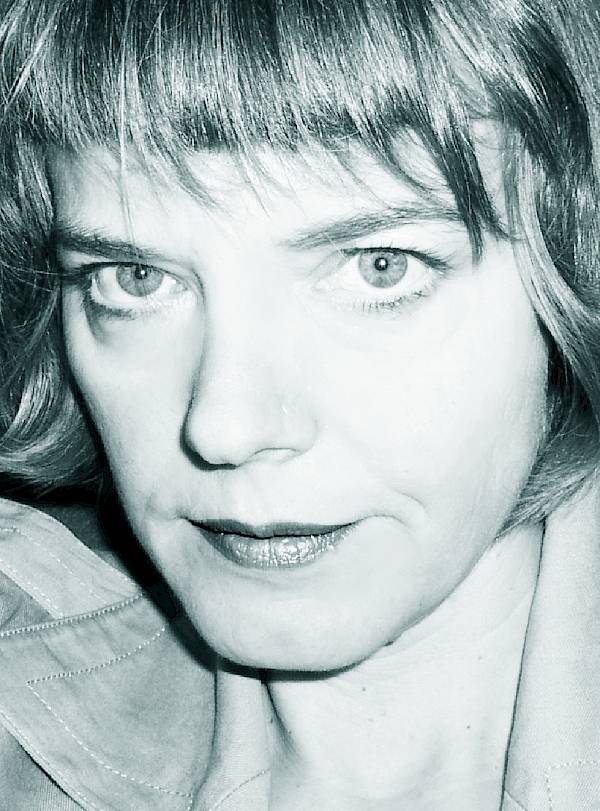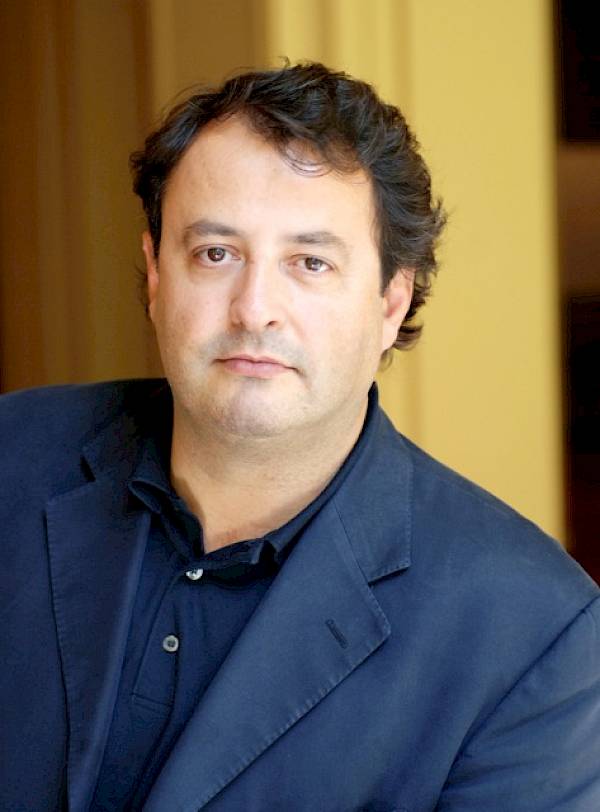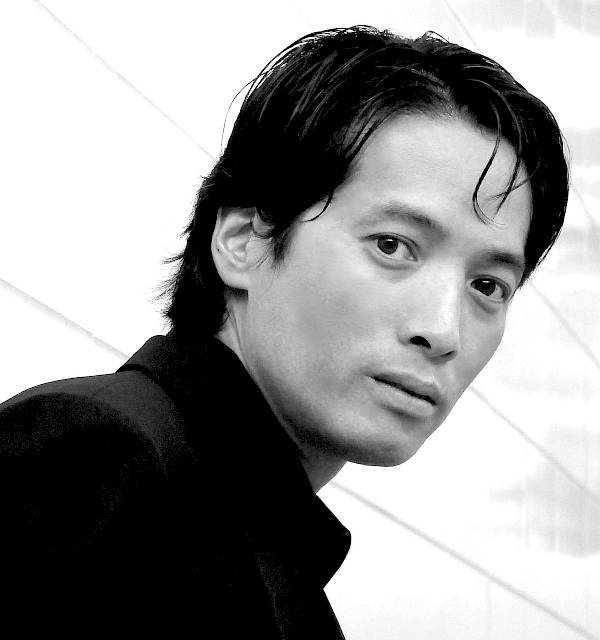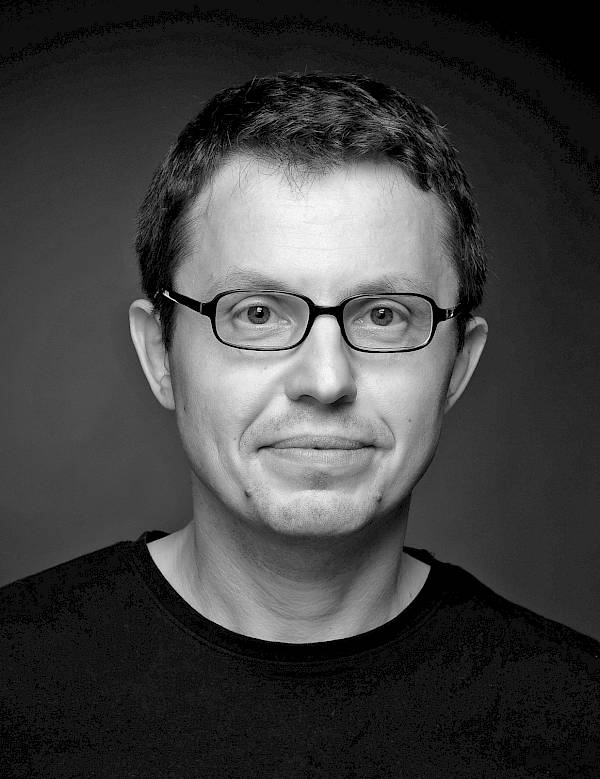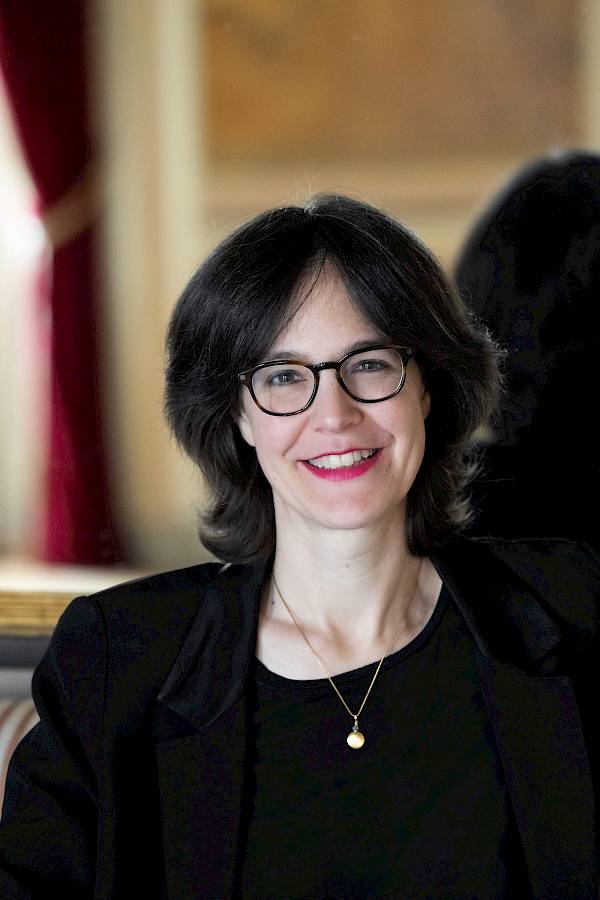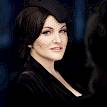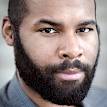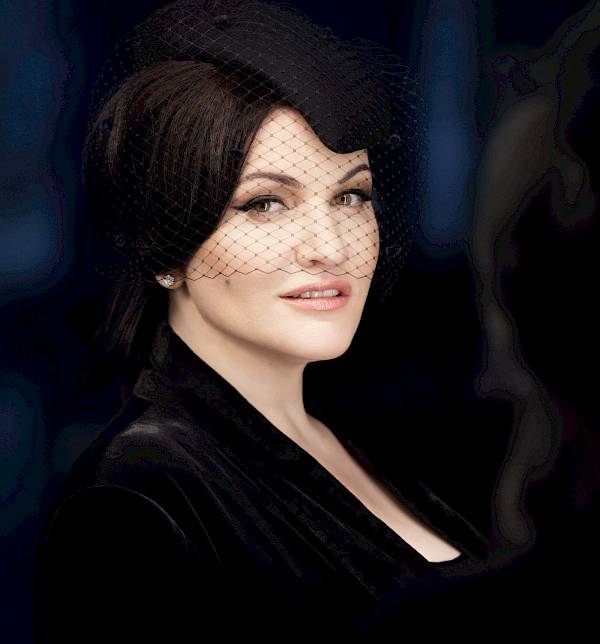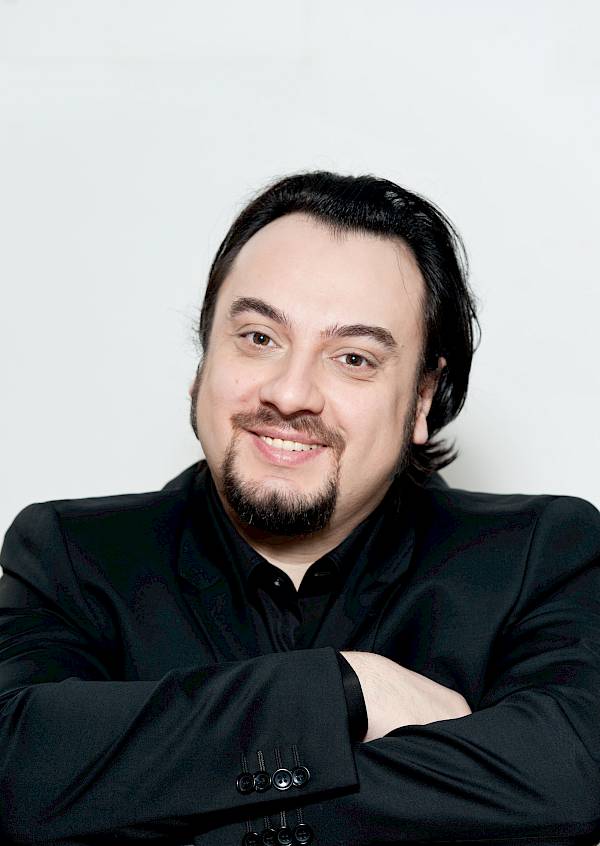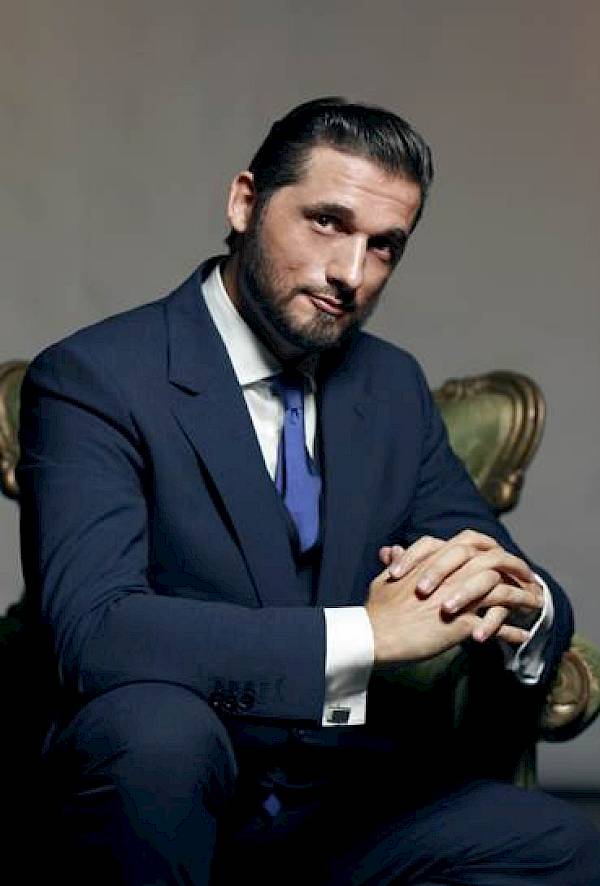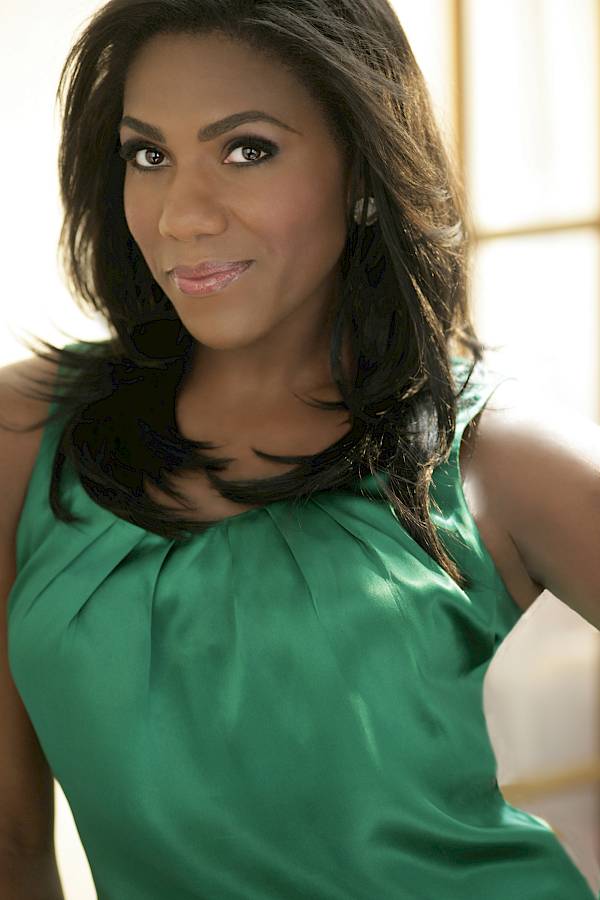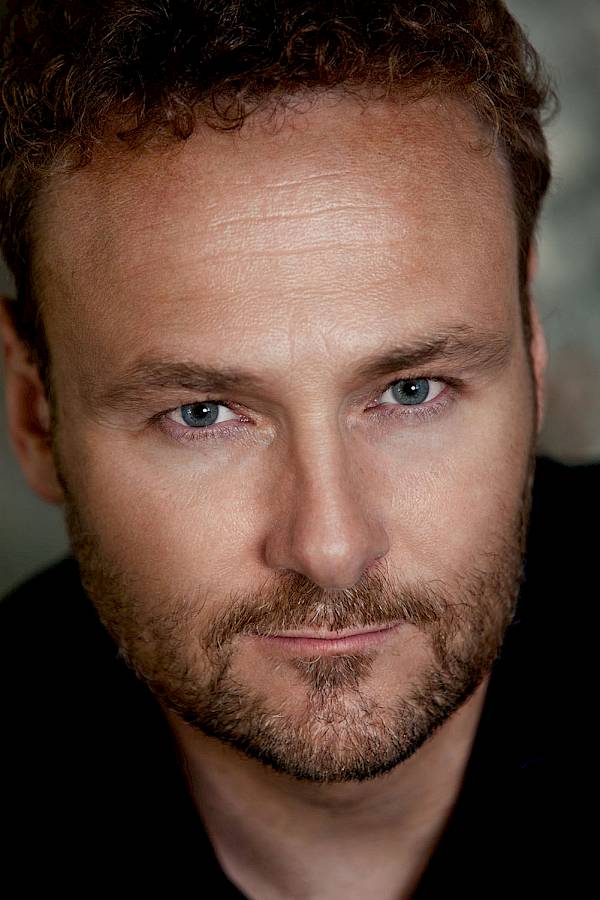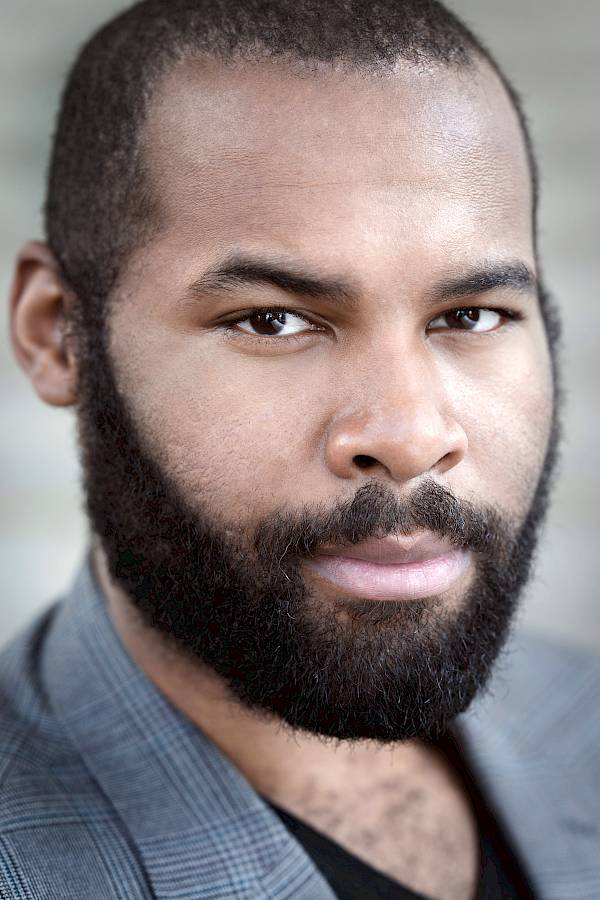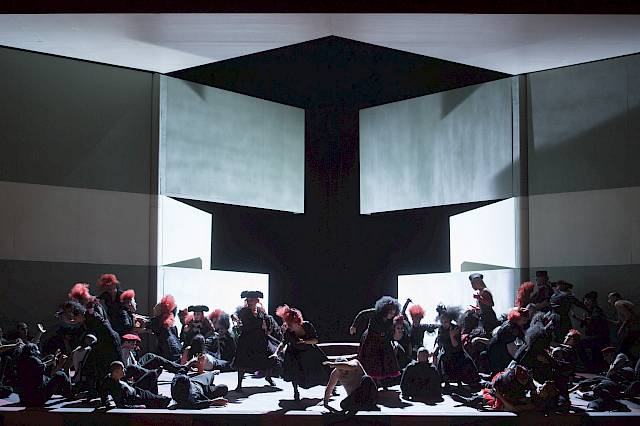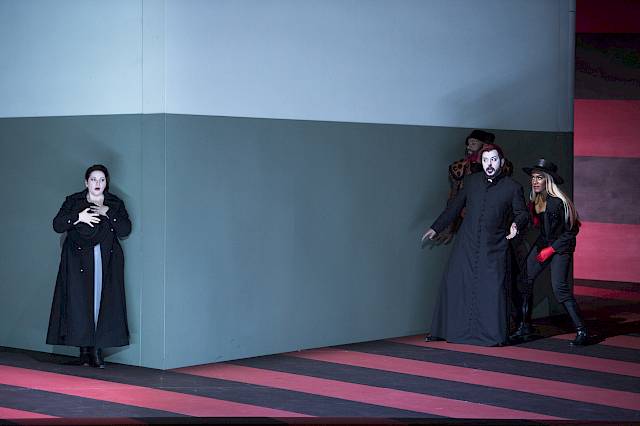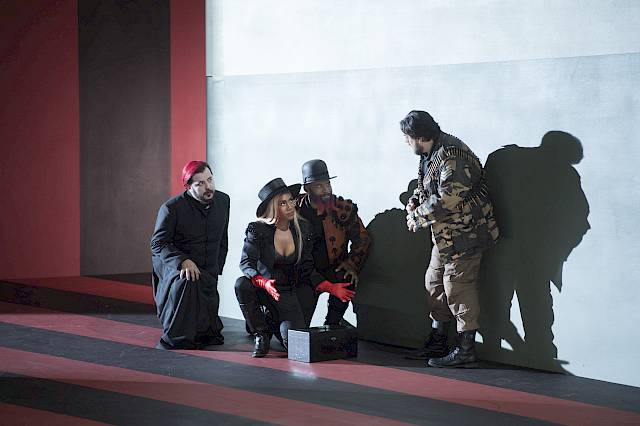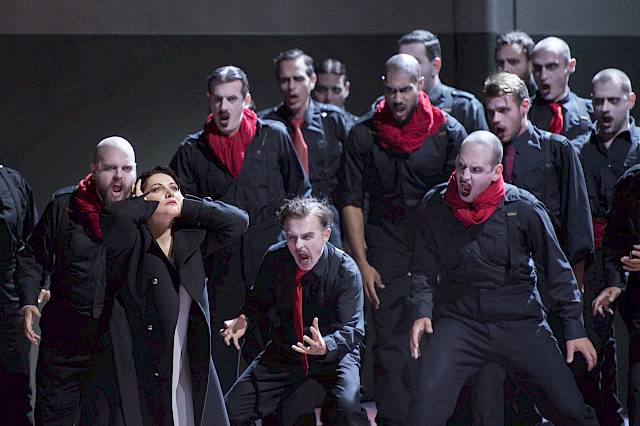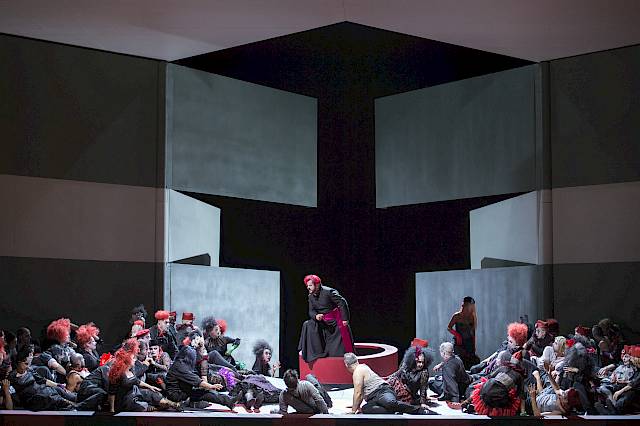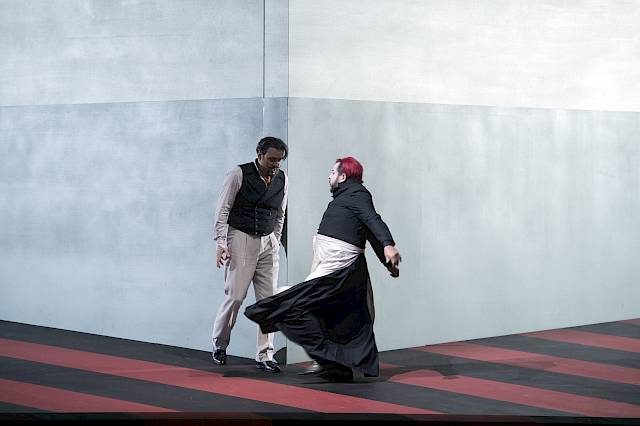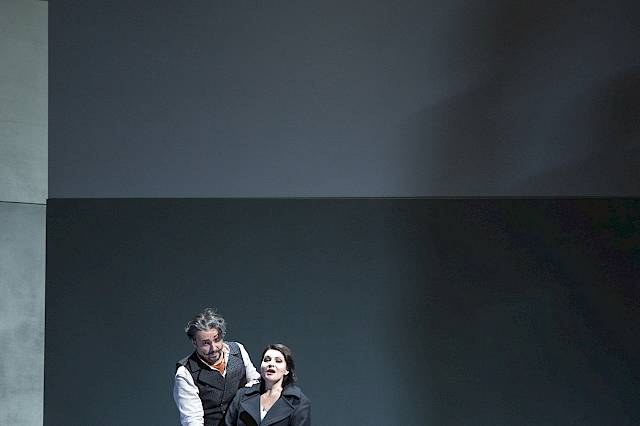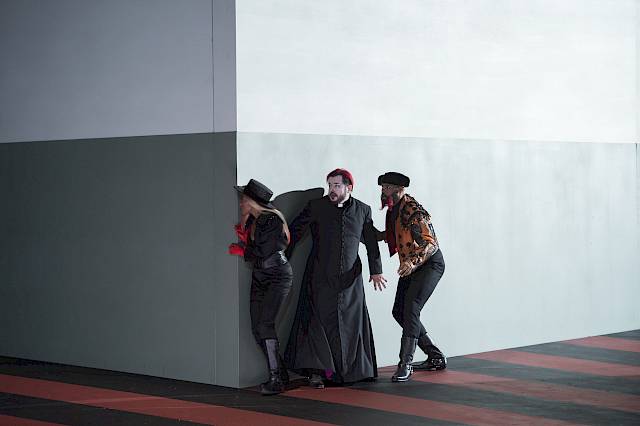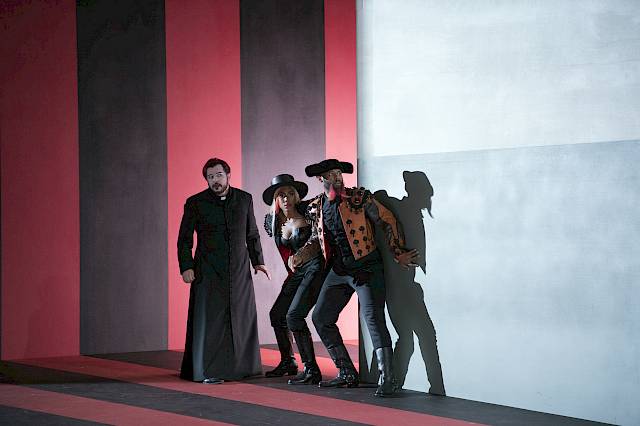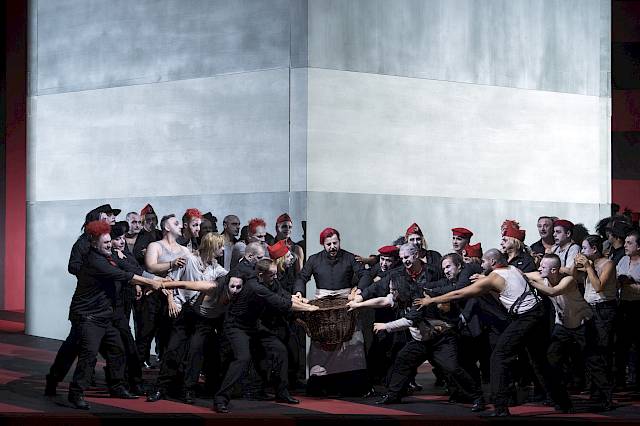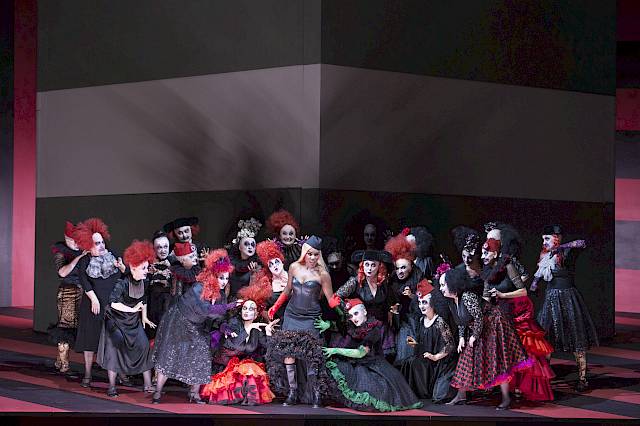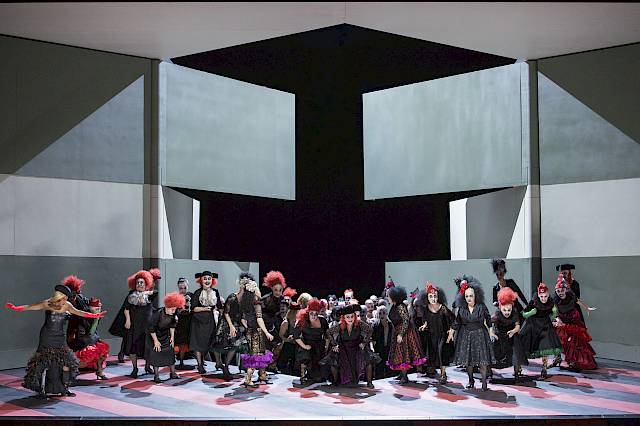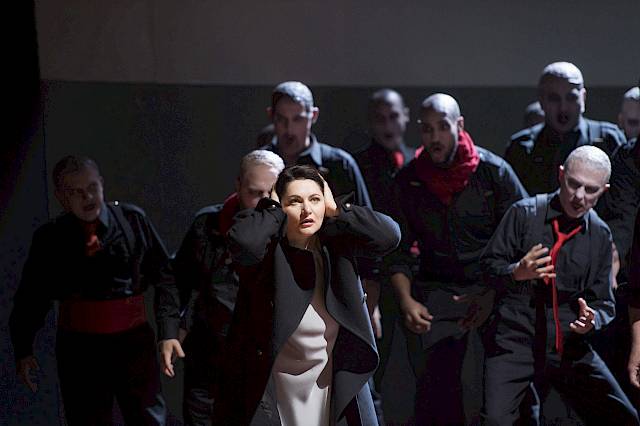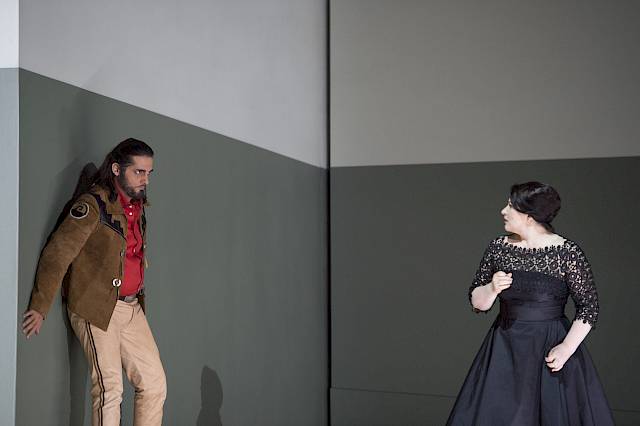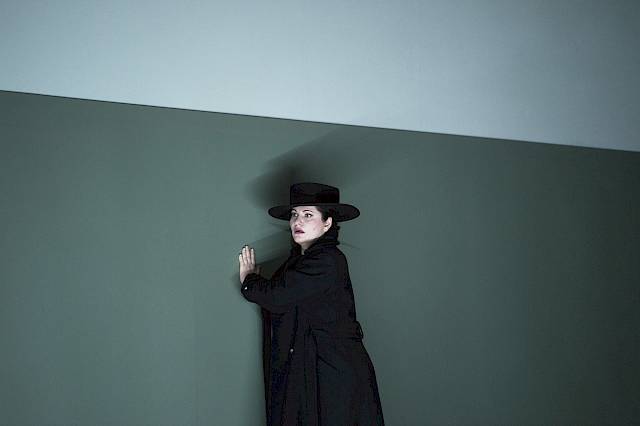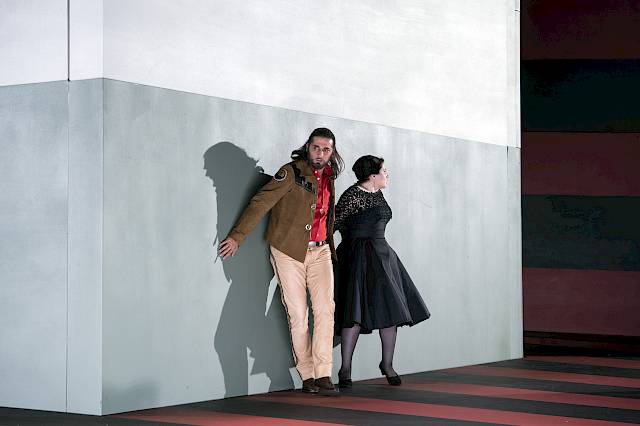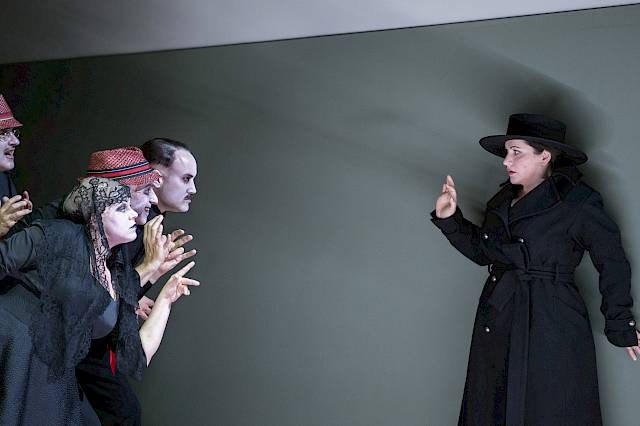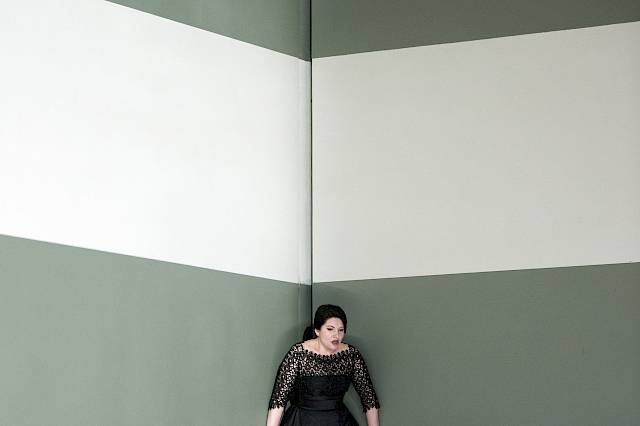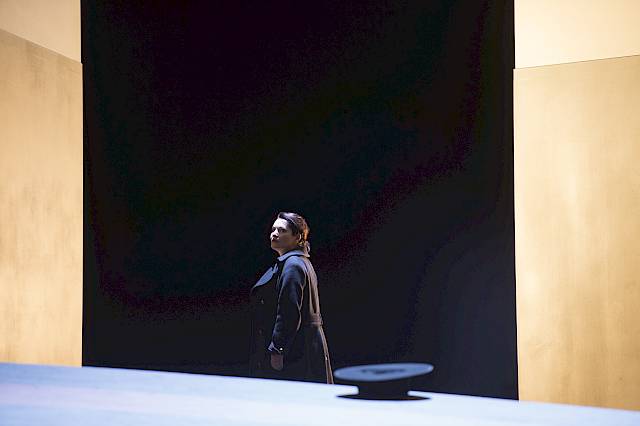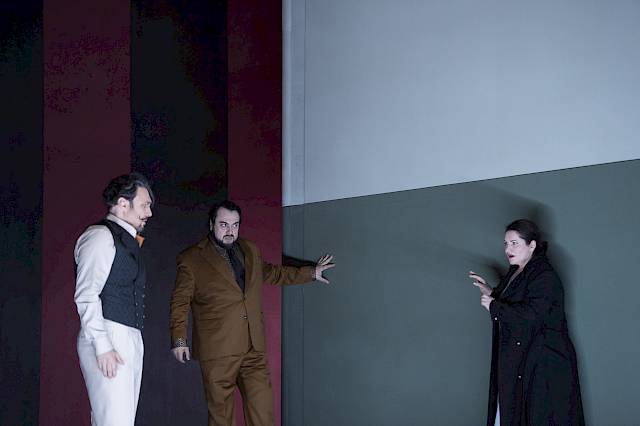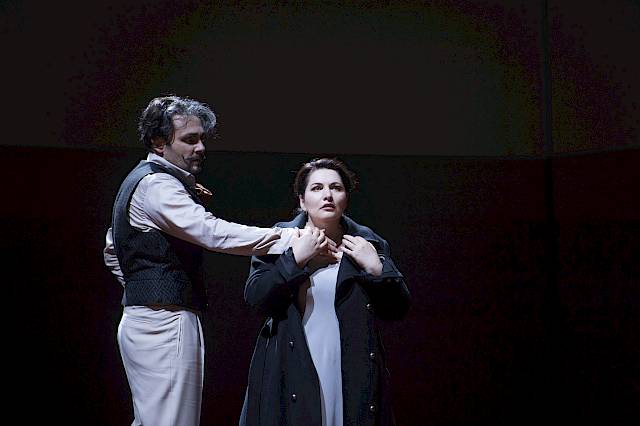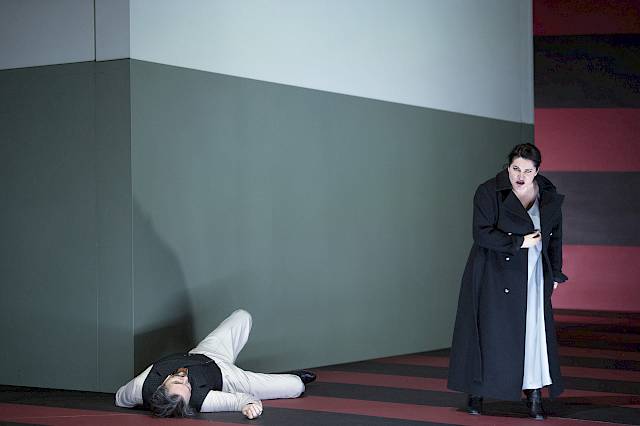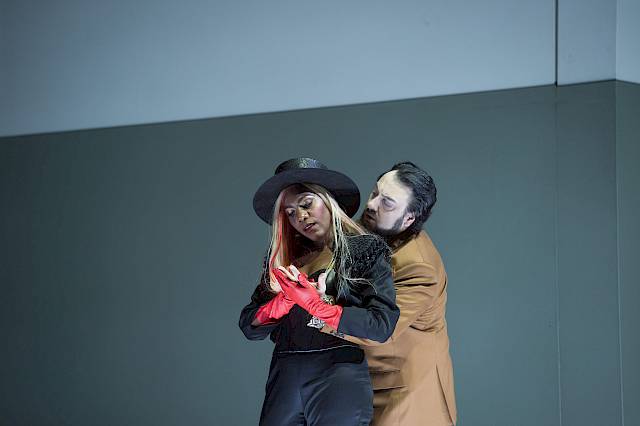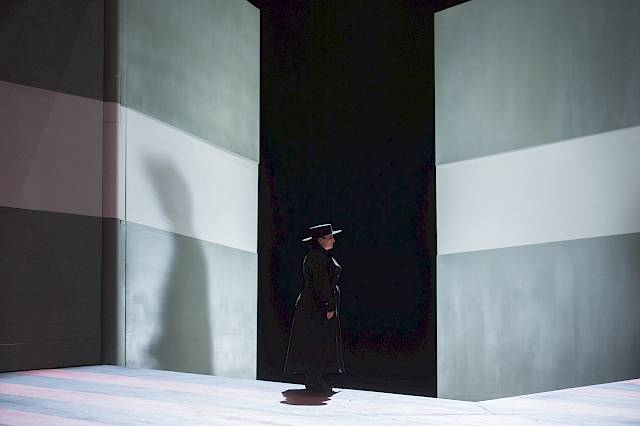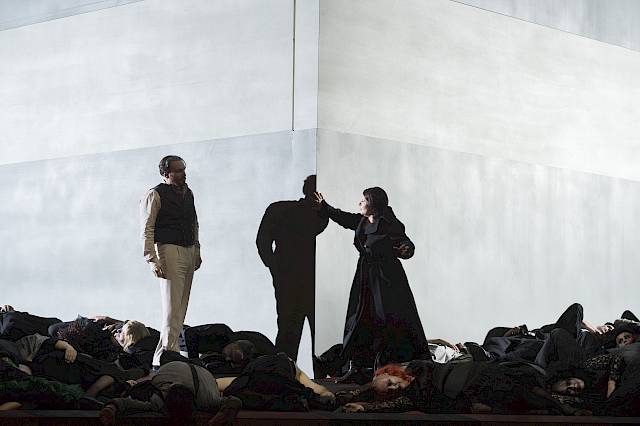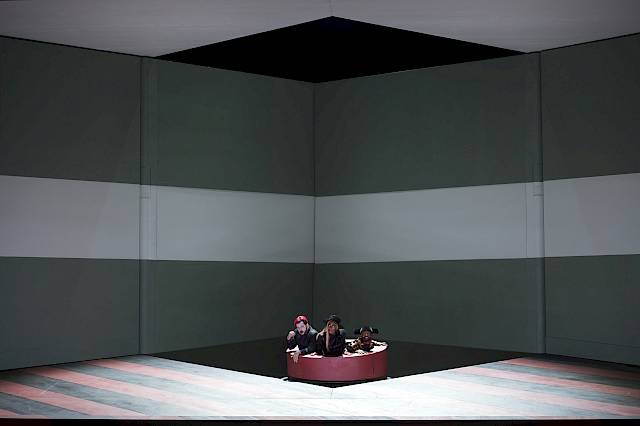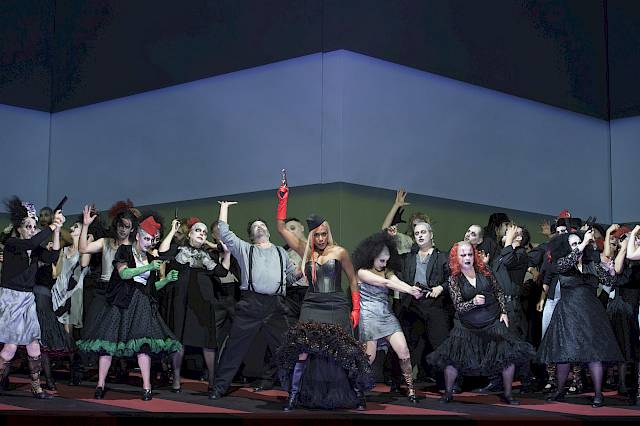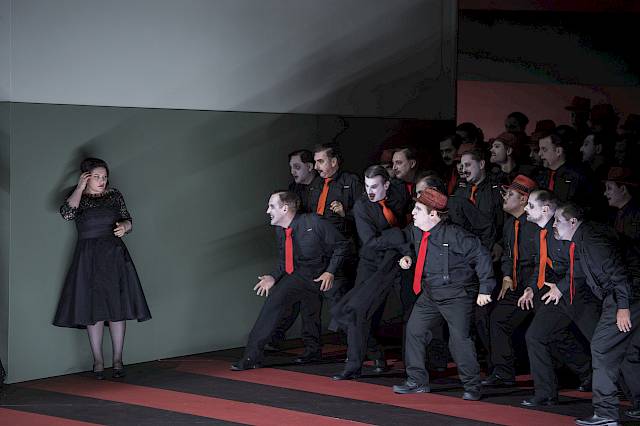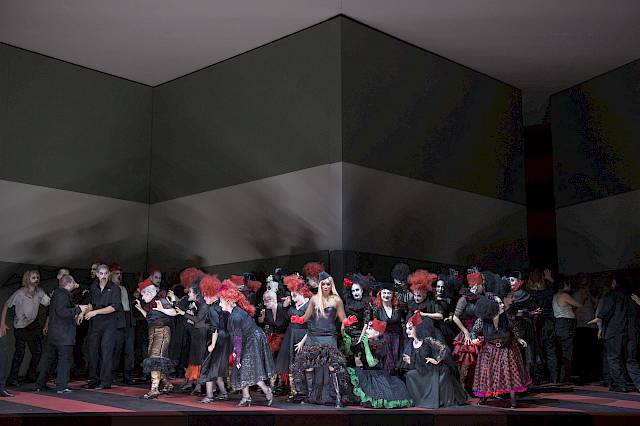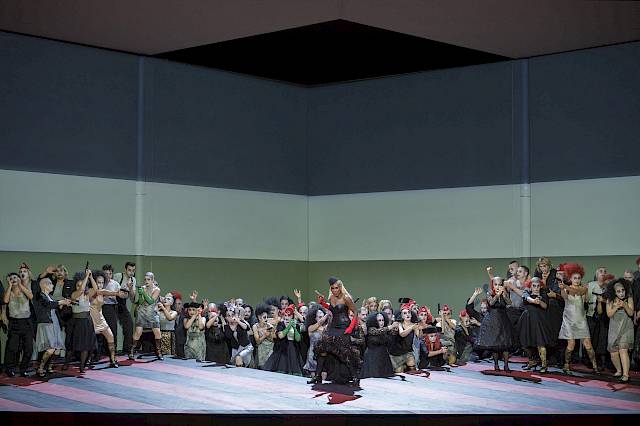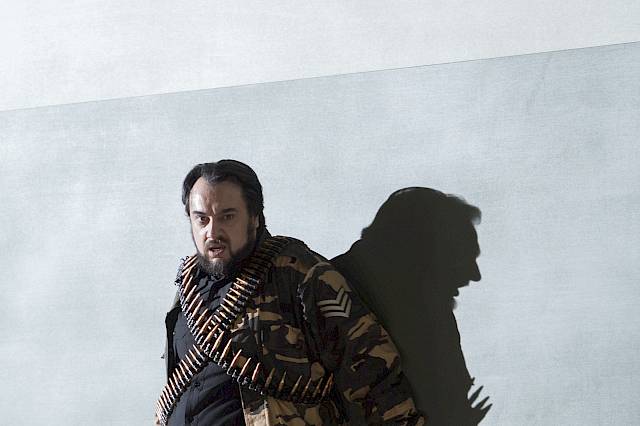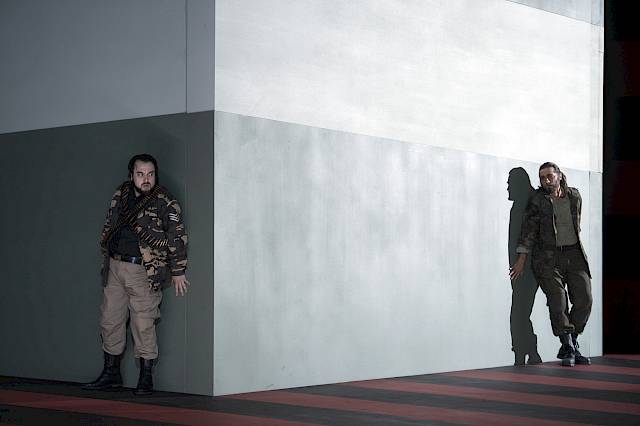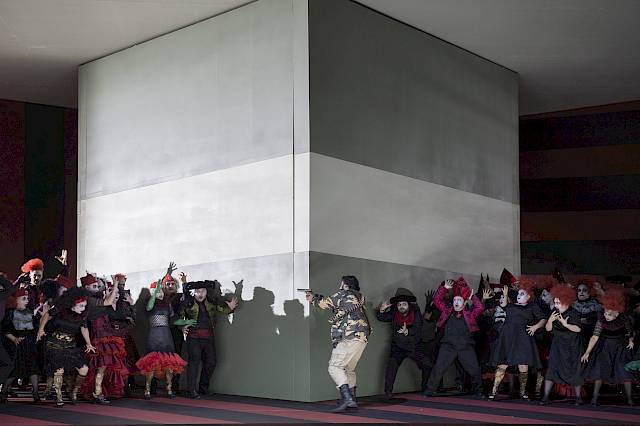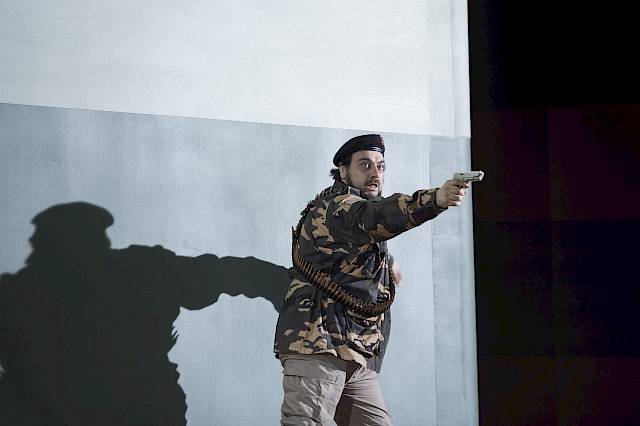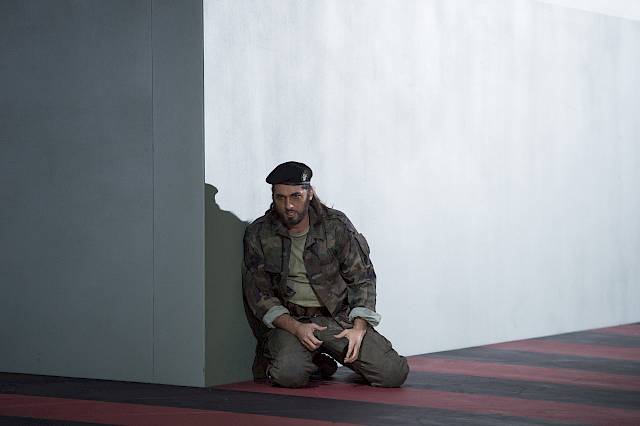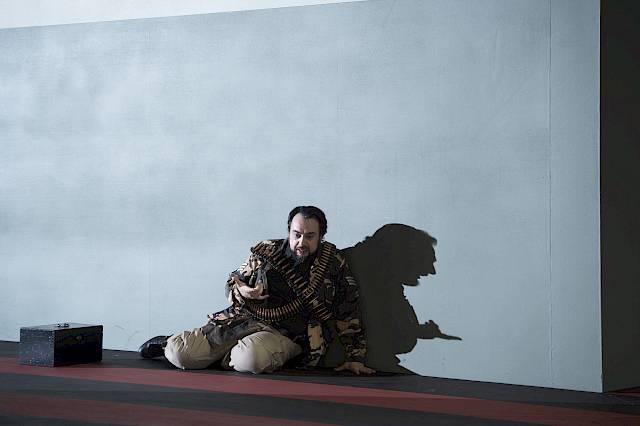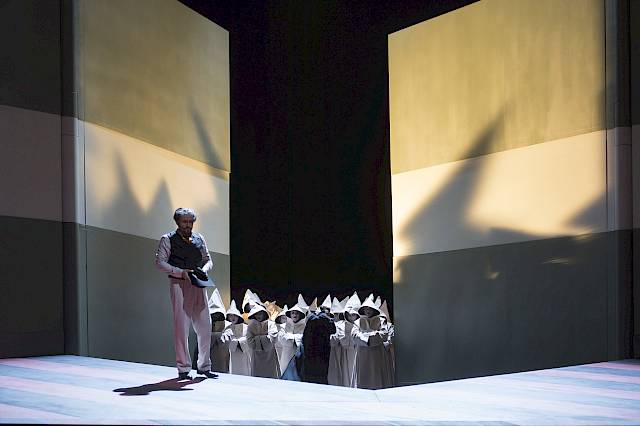Abstract
«The world has gone mad. What times are these?» This sentence uttered by Fra Melitone, the grouchy monk from La forza del destino (The Power of Destiny), could be programmatic for Giuseppe Verdi’s opera, which was premièred in 1861. Indeed, in this musical drama, the world is very much out of joint. The almost 50-year-old Verdi sketched a merciless portrait of a broken society in this colossal melodrama; a society wracked by war, in which love, affection and compassion only fleetingly brighten the darkness of the world.
This is the background against which the three protagonists of the opera – Leonora, Don Alvaro and Don Carlo – interact. The love relationship between Leonora and Alvaro seems doomed to failure from the outset: their social positions are too different for them to hope for the happy fulfilment of their love. The fatal pistol shot at the beginning of the drama, which makes Alvaro the unfortunate murderer of Leonora’s father, is thus probably not the only determining factor for the unfulfilled union of the couple. The “destiny” of the title has just as little hand in the action when the plot moves towards its tragic conclusion. Instead, it is Leonora’s brother Carlo, with his obstinate thirst for revenge, who repeatedly destroys any hope of a possible reconciliation. In La forza del destino, Verdi created one of his most powerful and melodically most colourful scores. That Fabio Luisi is an ideal interpreter of this work will not only have been apparent since his exciting reading of Verdi’s Messa da Requiem. The grand scale of the piece is also tailor-made for director Andreas Homoki. The horrendously difficult singing roles have been exquisitely cast: the Abchasien-Russian soprano Hibla Gerzmava can be heard as Leonora in Zurich for the first time; Alvaro will be sung by Marcelo Puente; and Carlo by George Petean, who is already a very familiar face at Zurich Opera House.


